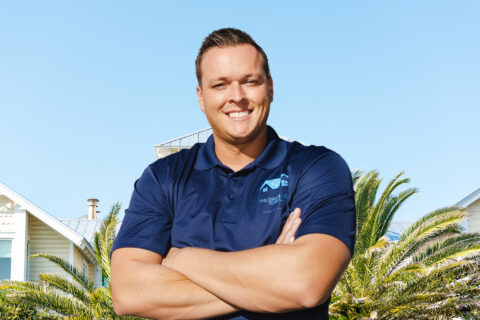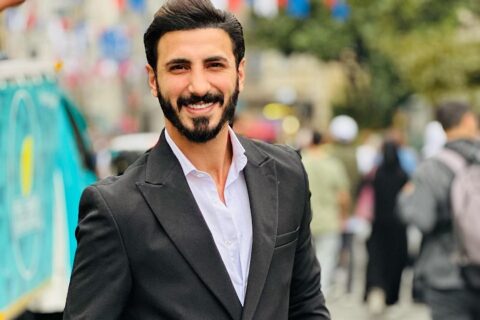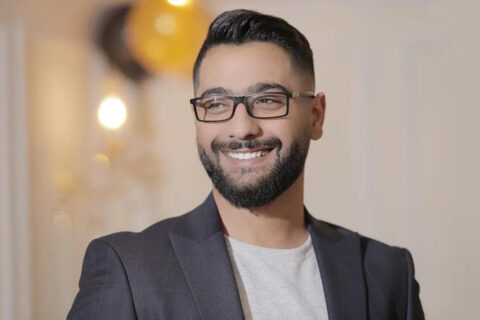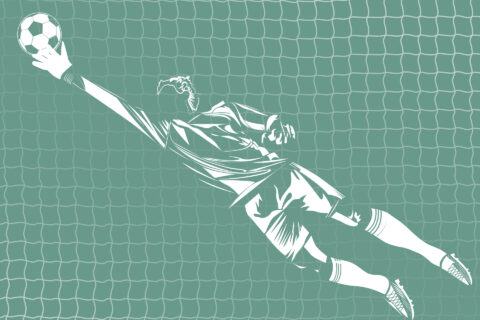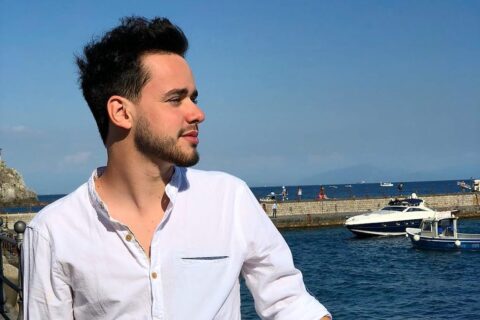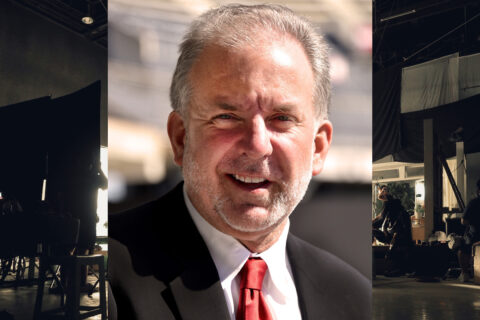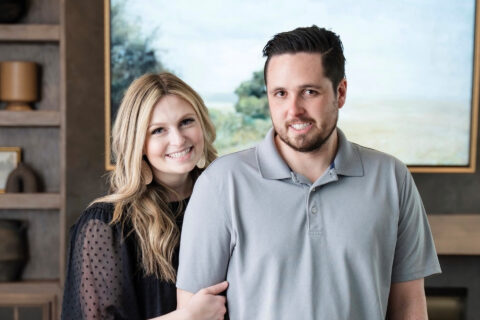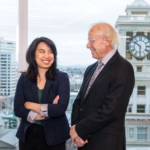In chatting with Maxine I found her story, and The Bootstrap Project, so interesting. Particularly how they pick up where microfinance loans end. They help artisans in developing worlds get access to capital, raw materials, and first-world designers — giving these designers access to the support they need to continue to build beautiful crafts.

Maxine often tells stories about her travels where she meets people who are the last of their generation and knew how to make a craft; but unfortunately their children or grand-kids weren’t carrying on the traditions that had been in their culture for generations. So through Bootstrap, one master artisan can teach local artisans how to make a product.
The products that she picked, and worked on, with these artisans were just so beautiful. My first reaction when we reconnected was, “Why aren’t these sold in ABC Carpet & Home?”
Soon I joined Bootstrap as an adviser (helping with the digital strategy and communications efforts). During those first few months working together, we realized a few things. First, that we really enjoyed working together … and that we shared a mutual interest (and passion, really) for understanding how supply chains work — how beautiful things are made and why traditions are lost.
In our research, we came across alarming statistics. For example, in our parents’ generation ninety-five percent (95%) of U.S. apparel was made on American soil, but today over 95% of the clothing in this country is now made abroad.
Today, over 95% of the clothing in this country is now made abroad.Reemployamerica.us
In learning more about supply chains and how you can source beautiful items from around the world (and still feel as though it is the authentic product coming back to you) we realized we had a for profit business on our hands. One that ties in quite nicely to The Boostrap Project’s mission, but one that also helps people everywhere (who are like us), curious but confused as to how they can get information about how their products were made.
So, we built Zady.
“The startup believes that just as Whole Foods sparked a movement based on the belief that we should question where our food comes from, Zady could be the destination that consumers flock to see where and how their clothing is made.” (Source: TechCrunch)
Conscious Commerce and Storytelling
SD: We’re launching with thirty-five brands that we’ve vetted over the past year. We endeavor to share a detailed story for every product. We go beyond what traditional e-commerce companies offer.
First, we identify a brand and ensure they are certified to be a Zady brand. Then we have them sign a certificate authenticating where their product comes from, where the item was designed, where the brand is headquartered, where that product is manufactured, and then we even follow up with questions about where the raw materials were sourced.
So, if it’s a jacket from England, we share with our readers: The item has wool and cashmere that hails from Italy and it was designed and manufactured in England, because it’s a UK heritage brand. We give every product on Zady that level of detail.
We also use badges as iconography. Badges help people understand, at a glance, what makes a product on Zady unique. Every brand is accompanied by photography and a 300-word article to tell their story, what makes them unique and helps people understand why we picked them for the site.

Content is omnipresent. I think it is almost frustrating to read a wonderful article about a company you discover and not be able to click through and buy that item. So, we’re trying to make a nice destination for people who want to feel good about the products they buy. People who aspire to be stylish and sustainable.
We want people to buy products from these brands we’ve cultivated relationships with, and eventually we’d like to add new products as well. As our social media base grows, our fans are suggesting great new brands to consider, and we want to embrace these suggestions.
We’re creating a movement, an alternative to fast fashion, for people who want timeless, classic and sustainable clothing. – Soraya Darabi, Zady Co-founder (Tweet This)
© YFS Magazine. All Rights Reserved. Copying prohibited. All material is protected by U.S. and international copyright laws. Unauthorized reproduction or distribution of this material is prohibited. Sharing of this material under Attribution-NonCommercial-NoDerivatives 4.0 International terms, listed here, is permitted.
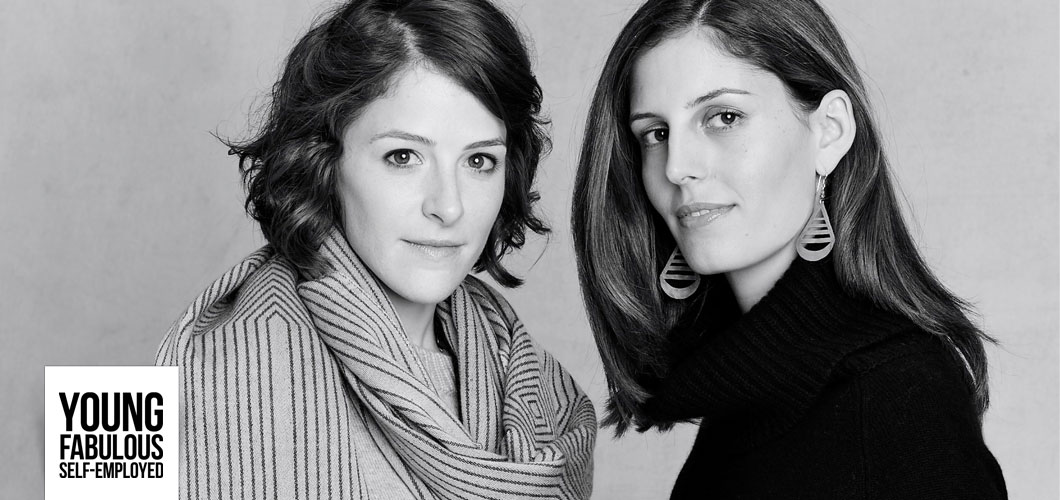
In this article
We eat, sleep and breathe entrepreneurship. We're behind YFS Magazine's fresh content -- one of the largest independent small business news sites. Young, Fabulous & Self-Employed has quickly become the definitive digital resource for startup, small business news and entrepreneurial culture. Join us on Twitter @yfsmagazine and Facebook.
Show More